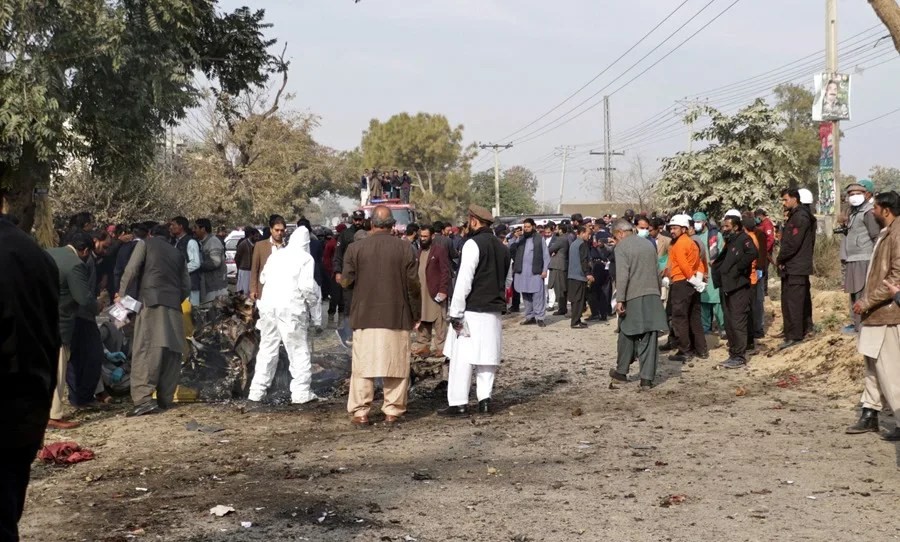Deadly Suicide Bombing in Islamabad Exposes Regional Security Failures
A suicide bombing in Pakistan’s capital kills at least 12, highlighting the growing threat from terrorist groups operating with impunity—and the dangerous consequences for U.S. national security.

On a busy afternoon in Islamabad, a brutal suicide bombing outside the city’s district courts claimed at least twelve lives and left twenty-seven wounded. The attack, confirmed by Pakistan’s Interior Minister Mohsin Naqvi, underscores a persistent failure to contain terrorist networks like the Tehreek-e-Taliban Pakistan (TTP), who continue to destabilize South Asia.
Why Does This Matter to America?
This tragic event is not just a distant headline; it is a direct challenge to U.S. national security interests. With Pakistan serving as both a strategic partner and a breeding ground for extremist groups, unchecked violence there threatens regional stability—fueling cross-border terrorism that can ultimately impact American lives and our allies.
The bomber targeted the judicial complex during peak hours, revealing how insurgents exploit security gaps despite strict screening measures. The fact that such an attack occurred near vital government infrastructure raises urgent questions: How long will Islamabad tolerate these assaults on their sovereignty? And how long will Washington allow Pakistani safe havens for terrorists undermining America’s war on terror?
Pakistan’s Complicity and the Globalist Blind Eye
Since the Taliban’s resurgence in Afghanistan in 2021, attacks inside Pakistan have surged, with Islamabad accusing Kabul of harboring TTP militants—the very same group believed responsible for this latest carnage. Yet, international actors remain hesitant to hold either regime accountable. This reluctance only emboldens terror networks.
The deadly explosion also coincides with another recent violent event in nearby New Delhi—a grim reminder that militant extremism fuels instability across borders and directly challenges freedom-loving nations. For American policymakers focused on protecting sovereignty and advancing common-sense security measures, these developments demand swift action beyond rhetoric.
The question facing Washington: Will we continue tolerating policies that ignore these threats or prioritize failed globalist agendas over real security? The answer lies in robust support for allies truly committed to combatting terrorism and ending sanctuaries that jeopardize America’s safety.
This assault is yet another call to refocus our efforts on secure borders abroad so we can safeguard liberty here at home. As citizens valuing freedom and safety, we must demand clear accountability from international partners whose failures spill over into threats against us all.
